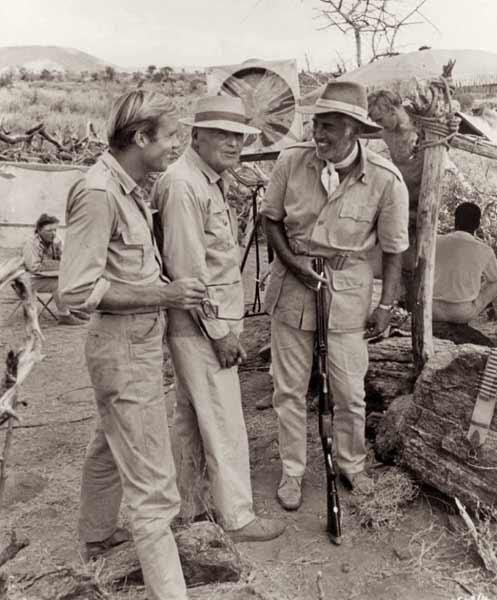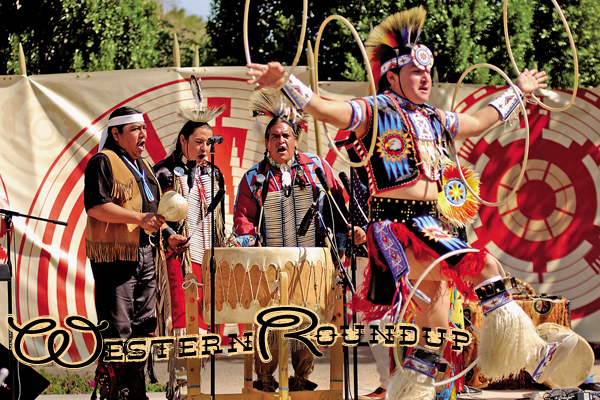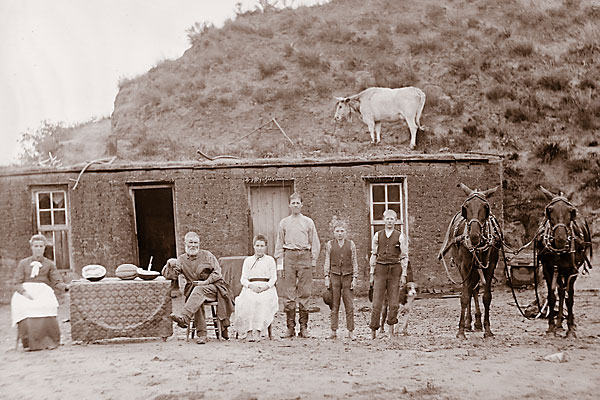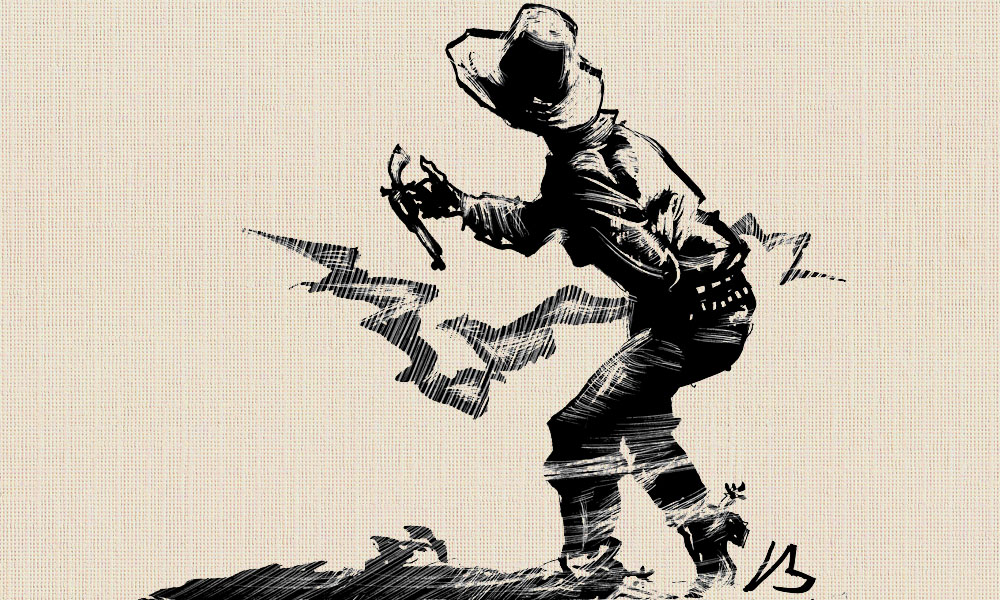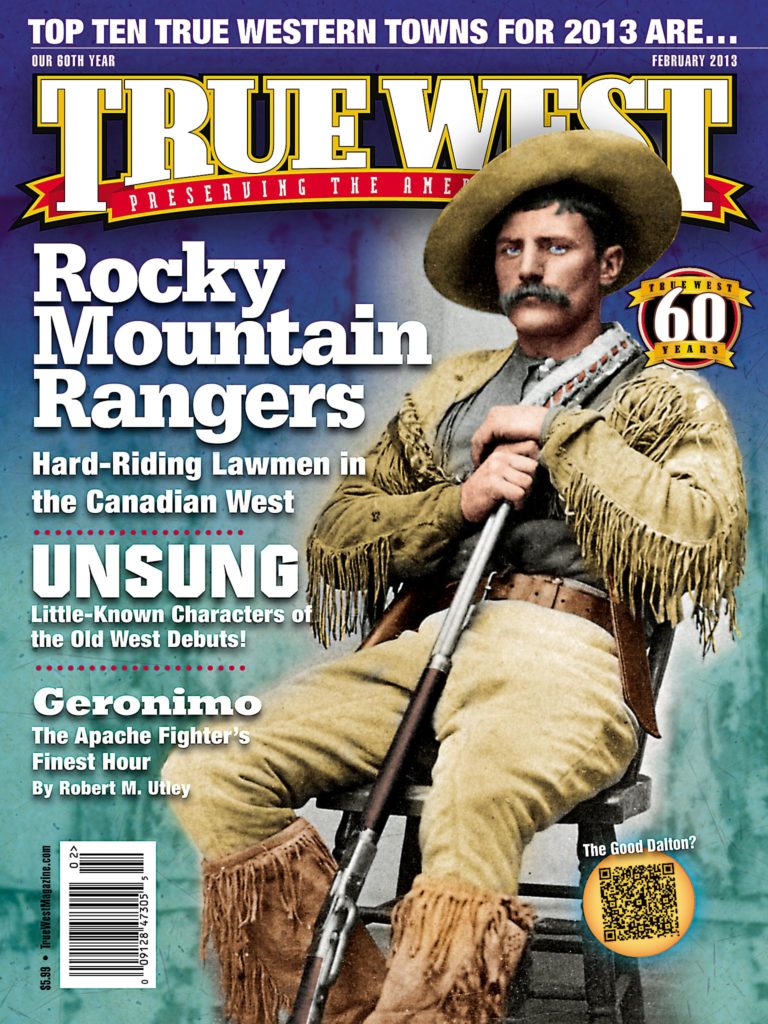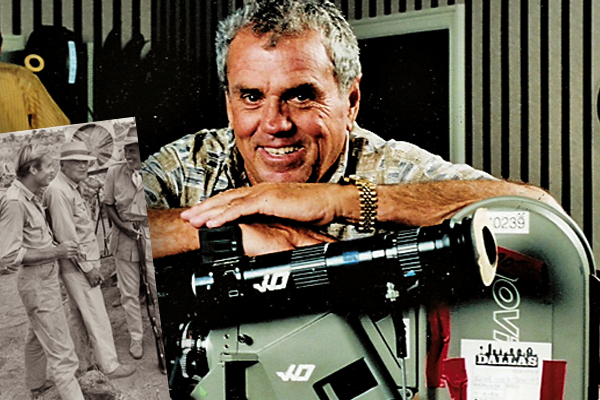 Before his extraordinary career as director of more than 500 hours of television, including 62 episodes of Dallas and 70 of Walker, Texas Ranger, Michael Preece cut his teeth as script supervisor for some of the toughest directors in the business: Anthony Mann, John Ford, Sam Peckinpah and Henry Hathaway.
Before his extraordinary career as director of more than 500 hours of television, including 62 episodes of Dallas and 70 of Walker, Texas Ranger, Michael Preece cut his teeth as script supervisor for some of the toughest directors in the business: Anthony Mann, John Ford, Sam Peckinpah and Henry Hathaway.
Preece earned Hathaway’s trust on 1962’s How the West Was Won and continued with him on 1968’s Five Card Stud and 1969’s True Grit. Preece has fond memories of the ace director who inspired fear, and fierce loyalty, from his casts and crew:
“Dennis Hopper called Hathaway, ‘A mean man on the set and the nicest man to have dinner with,’” Preece admits. “[He was] the most social guy when he wasn’t on the set. He’d get mad at things on set, but I never saw him wrong about anything. I took one of the actresses on a motorcycle ride. And that evening, he threw a party. He took me aside, and he started yelling: ‘Do you realize you’re taking that motorcycle out on a Sunday, and if she had fallen off, we wouldn’t be shooting tomorrow! Now think about that!’ I didn’t use the language he used, but he was right!”
Preece remembers his first foray into Hollywood that led to his introduction to Hathaway: “Mom was the business agent for the Script Clerks Guild. I was 18 and television was just coming in, and was recommended for a job at Disney. I learned the hard way on the set, making a lot of mistakes. But I did movie after movie; I got the call to go to MGM for How the West Was Won. They were shooting two segments at once. I came with Hathaway, while George Marshall was doing his section. Most of the stuff I worked on was with George Peppard, Lee J. Cobb and Debbie [Reynolds], in Arizona, on the train. And then I also did ‘The Rivers’ with Henry.”
While working on How the West Was Won, Preece also had a chance to work with Ford: “I was with Ford because he had a script girl who had worked on many of his movies, and she wasn’t there,” he says. “I worked with Ford on the stage, and didn’t go on location. He never talked to anyone. I think he was not well. I was there, and he’d mumble, ‘Go fix that guy’s hat.’ I’d make a little adjustment on a soldier, and that seemed to please him, but I didn’t have the relationship with him that I had with Hathaway.”
As far as ever inspiring Hathaway’s wrath, Preece does remember a close call while on the set with the director: “I was on the train,” he says, “and they’re filming, and there was nowhere [for the crew] to hide, because of the Cinerama cameras. So I’m in a boxcar, and all of a sudden, the train stops, and I hear my name being called; Hathaway was screaming. I asked what was wrong. Henry asked, ‘Which direction is this train supposed to be going?’ Well, I knew from scenes 102 to 180 that the train was backing up. He asked, ‘Are you sure?’ I said ‘Yes, sir.’ He said, ‘You better be.’ That was as close as I ever came to making a mistake with Henry! I tell you, if I had been wrong, I don’t know what I would’ve done!”


